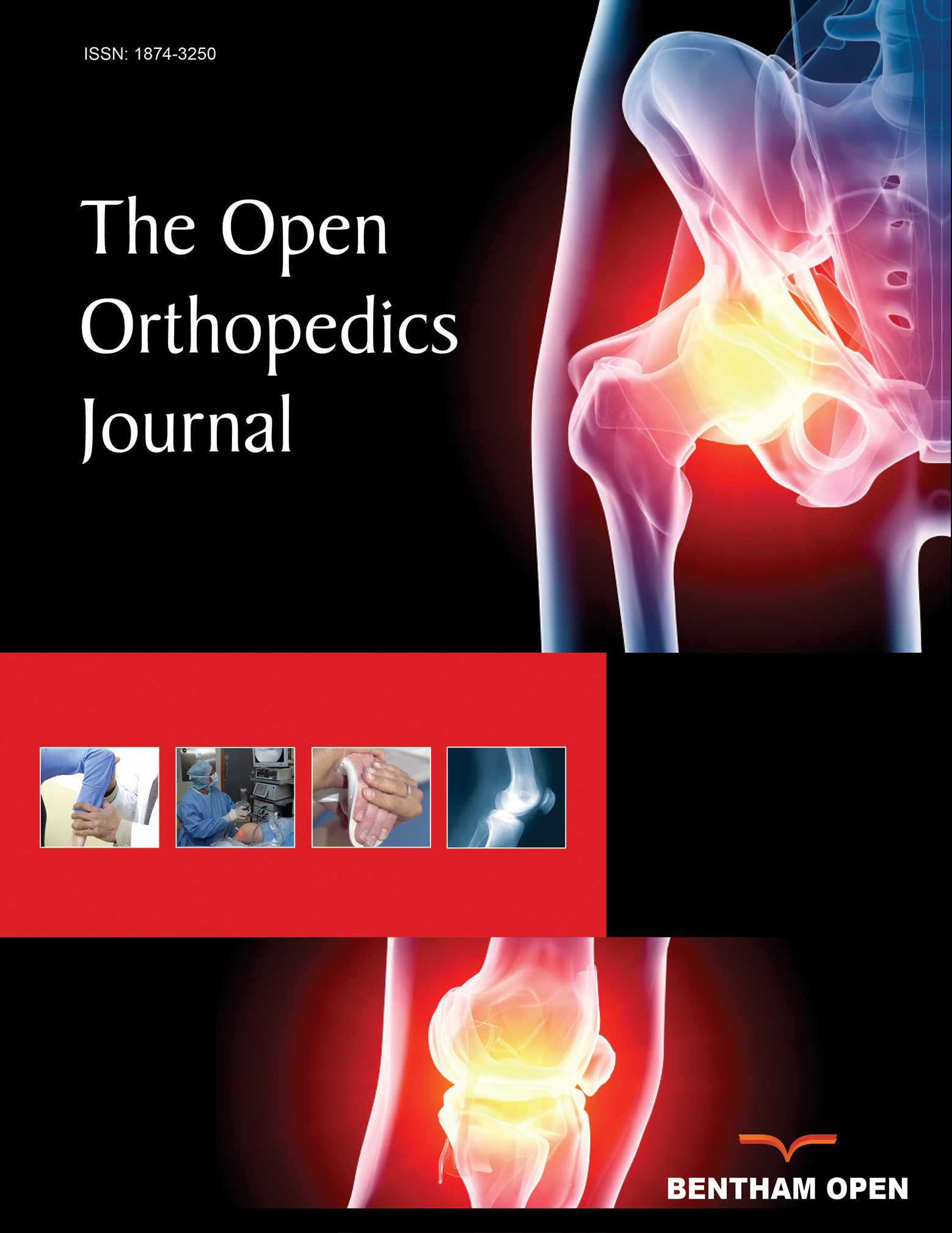All published articles of this journal are available on ScienceDirect.
Spinal Surgery in Patients with Parkinson’s Disease: Unsatisfactory Results, Failure and Disappointment
Abstract
Previous studies on spinal surgery in PD patients report an exceptionally high rate of complications. Failure and re -operation are frequent outcomes. This is a retrospective case series with the aim of establishing the rate of complications in patients with concomitant Parkinson’s disease.
Ten patients were subjected to spinal surgery from 2005 to 2009. The indications and type of operation varied. Cases of Failed Back Surgery and re-operation were sought. Follow – up was between 6 – 42 months. All 10 patients presented some clinical or radiological complication. The most common complications were screw pull – out and progressive spinal deformity. Re – operations were performed in 5 patients, while clinical and radiological results were poor in the majority of cases. Patients with Parkinson’s disease have a very high complication rate and often have to undergo revision surgery. This particular group of patients should be informed of the increased risk of failure and be closely followed – up on a regular basis.


